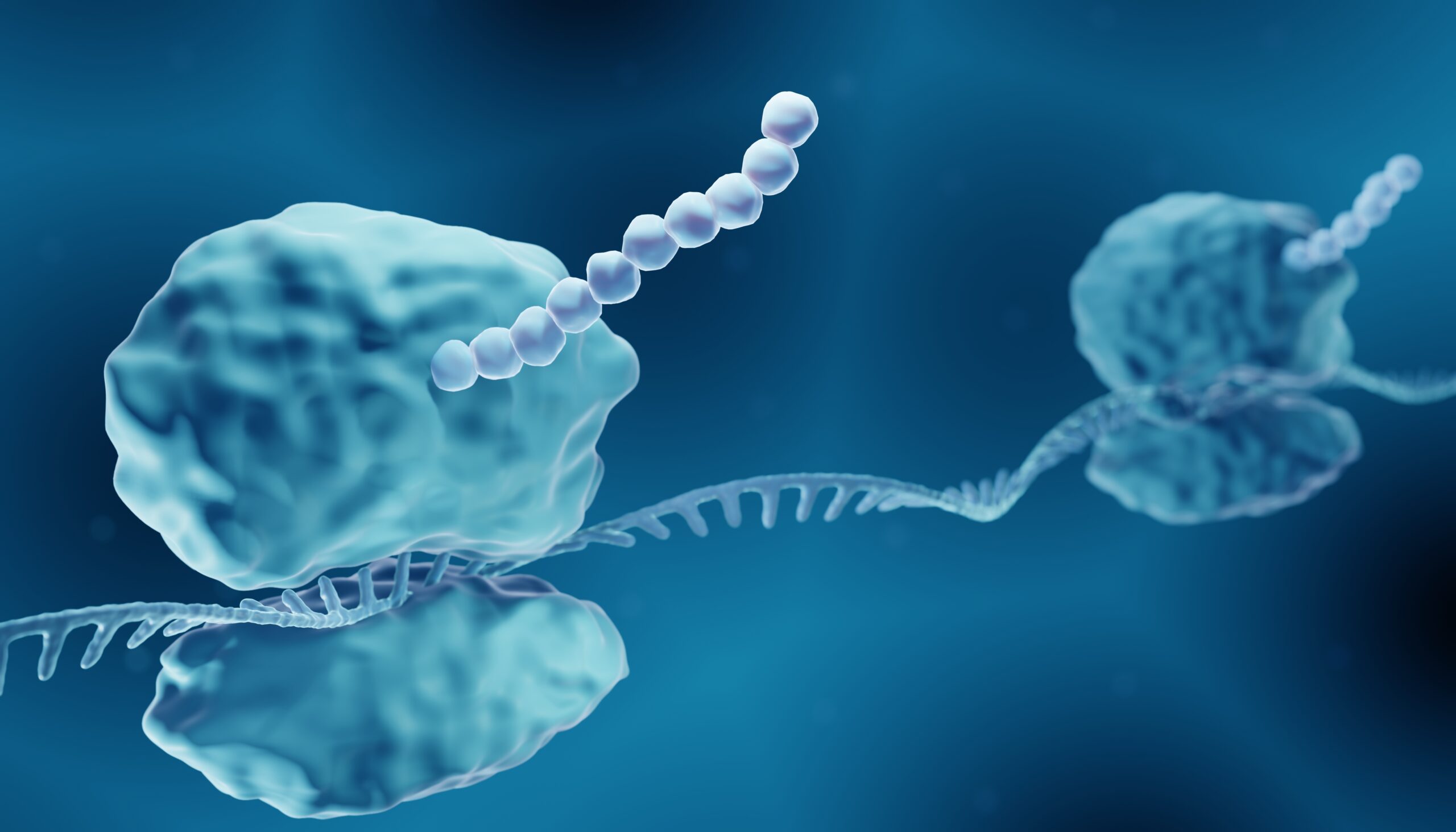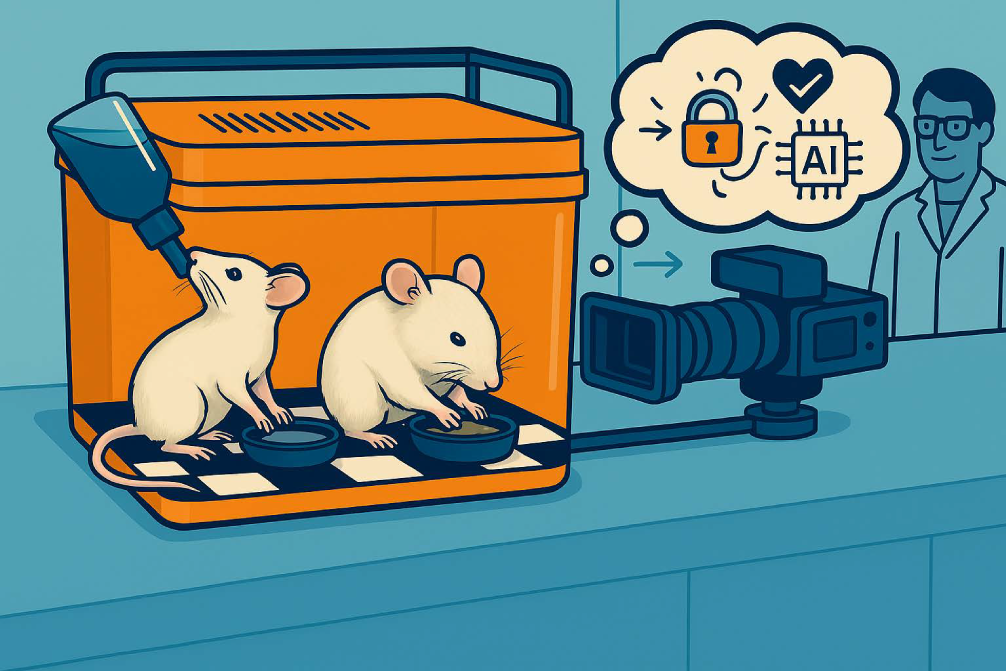From more than 100 articles submitted for the 2019 Max Perutz Science Writing Award, Amy’s entry entitled “Making sense of a sticky situation: finding the ‘glue ear gene’ in Down syndrome” was one of just twelve selected for the final shortlist.
Every year the Max Perutz Award invites MRC-funded PhD students to write an article of no more than 800 words, sharing their research with a non-scientific audience and explaining why it matters. The award is in honour of Dr Max Perutz, a Nobel Prize-winning molecular biologist and passionate science communicator who sadly passed away in 2002.
The 2019 awards ceremony will be held at the Royal Institution on the 15th October, and the writer of the winning article will receive a £1,500 prize. All of the shortlisted pieces will be published on the MRC website the next day.
Amy says: “The competition, and science communication in general, are important because they give scientists a chance to step back from the bubble of their work and consider the bigger picture – why it’s important and the impact it could have on the lives of other people. It’s also very refreshing to be able to write about my work in simpler terminology that’s accessible to a wider audience.
Taking this time to reflect really inspires me and helps keep my project on track as it reminds me why I started this work. The aim of my research is to help children with Down syndrome lead more fulfilling and independent lives, by helping them to hear better during the years in which they develop language and communication skills.”
More information about the award and the full list of shortlisted entries can be found here



